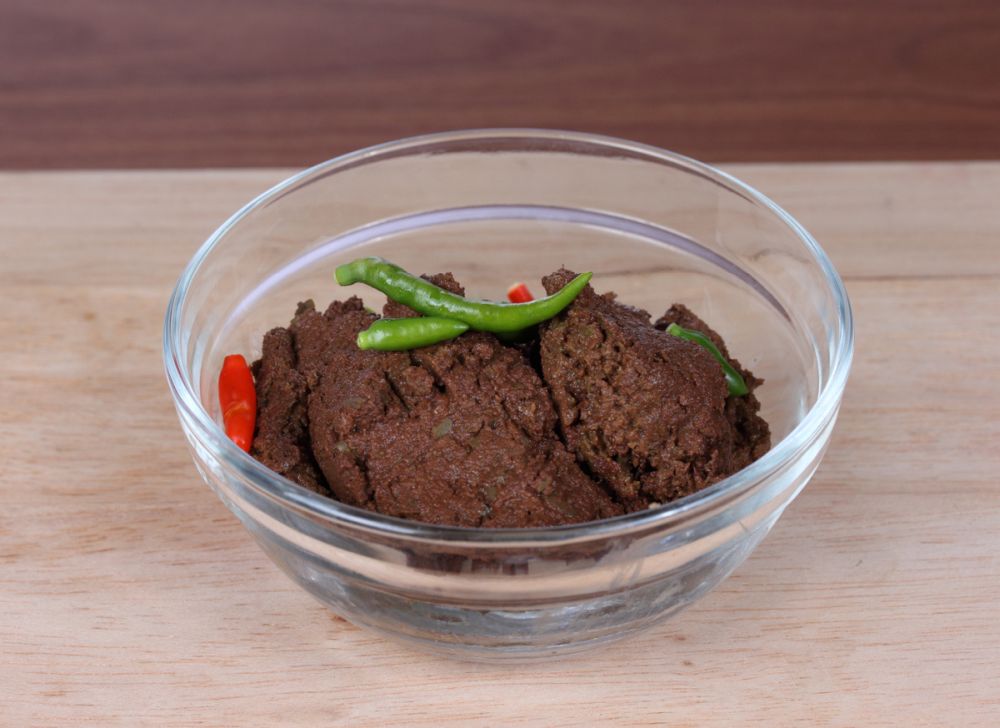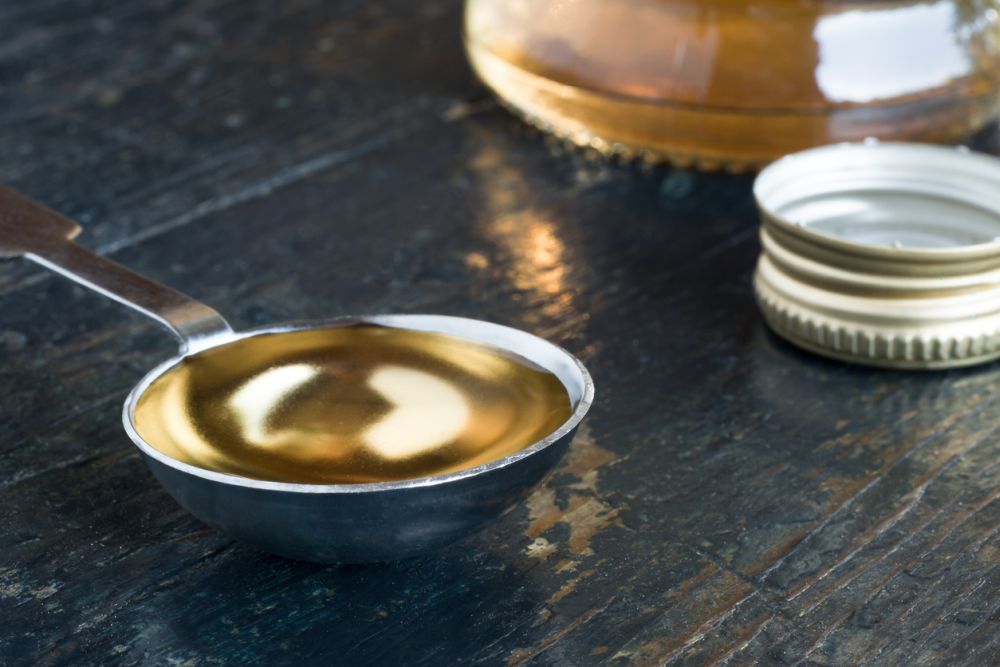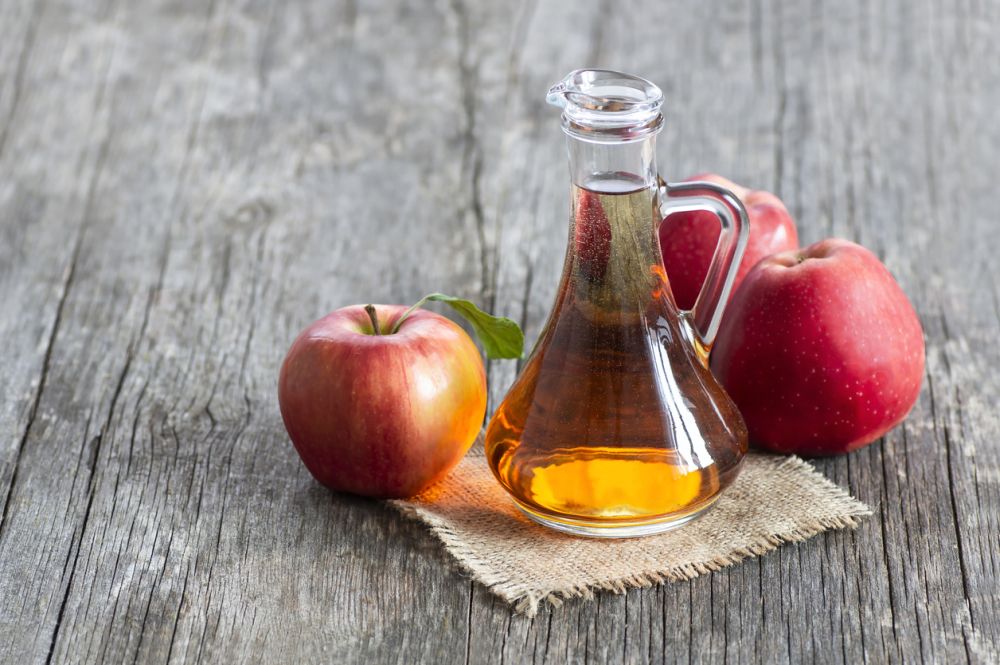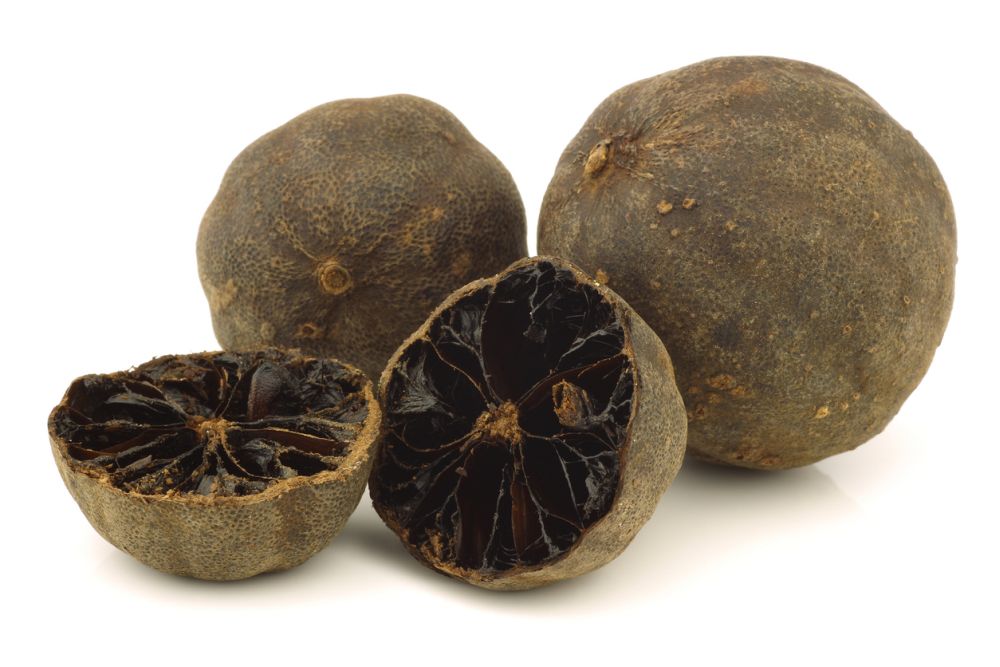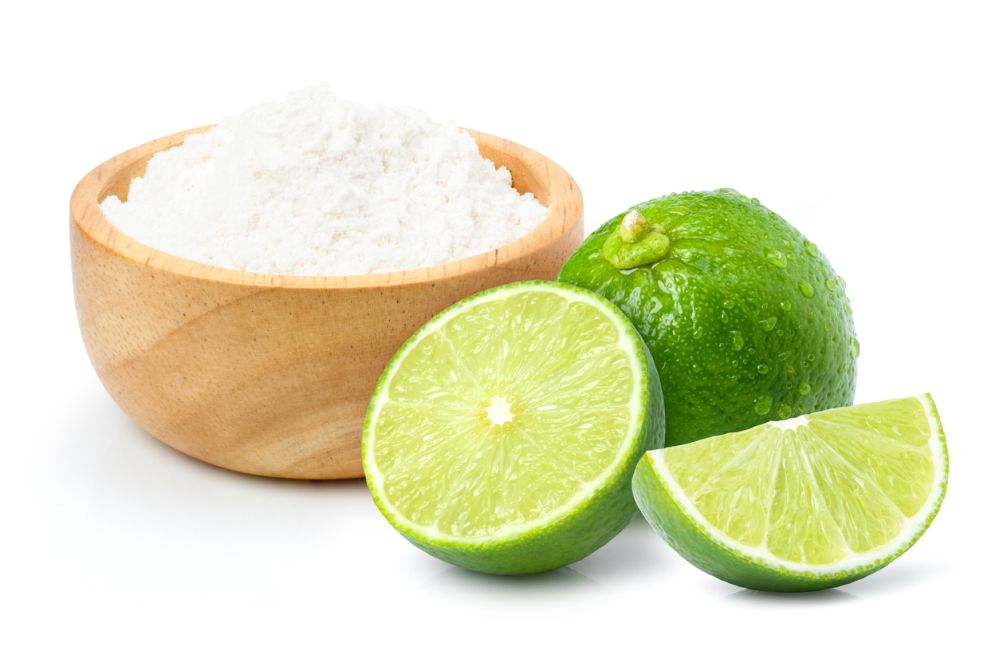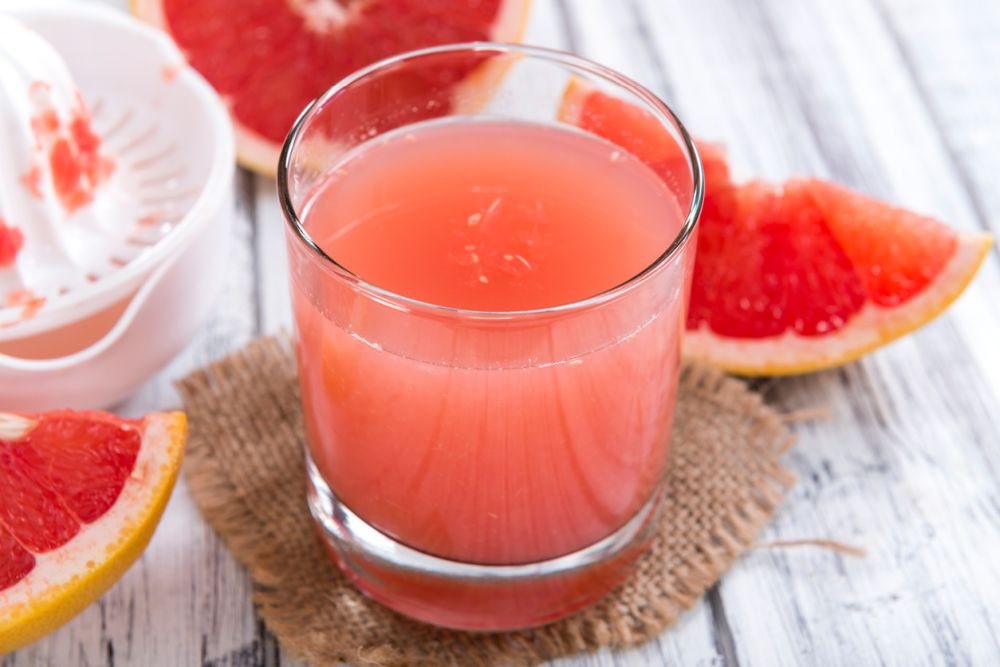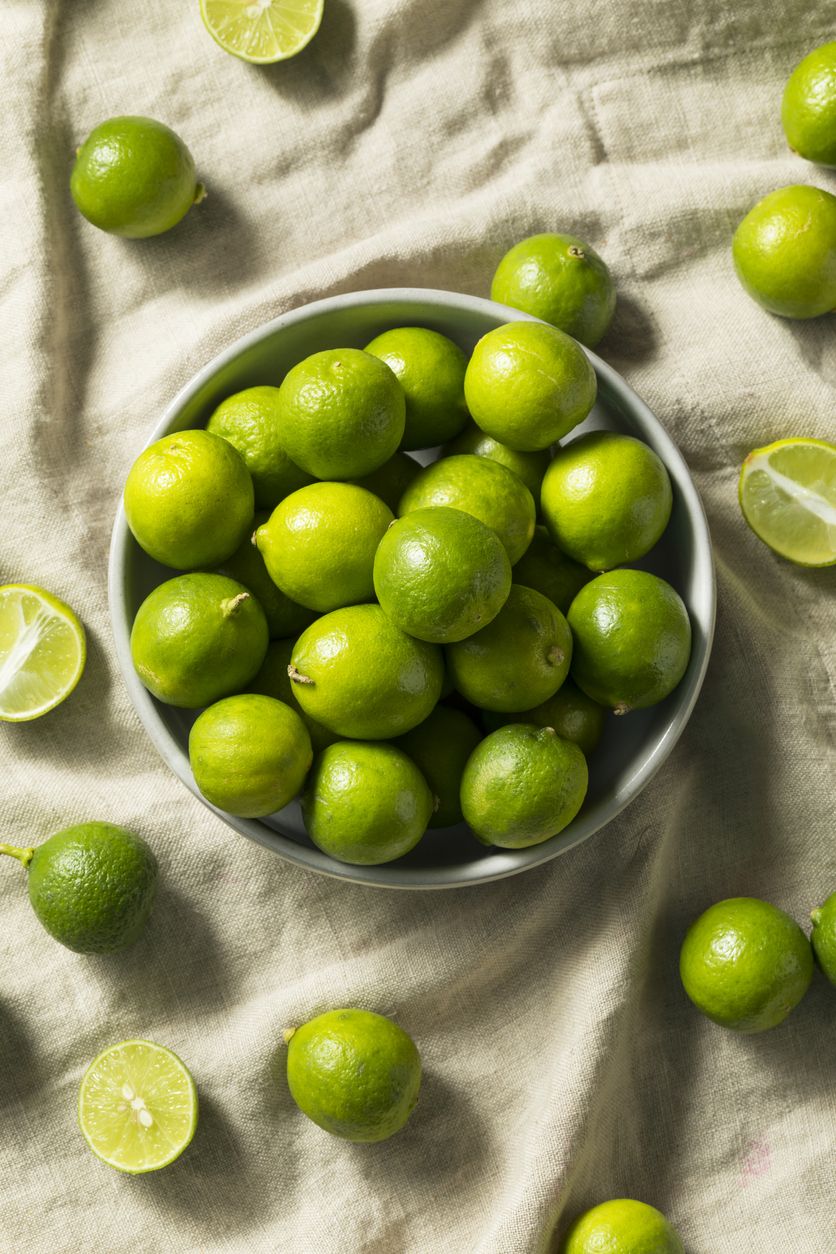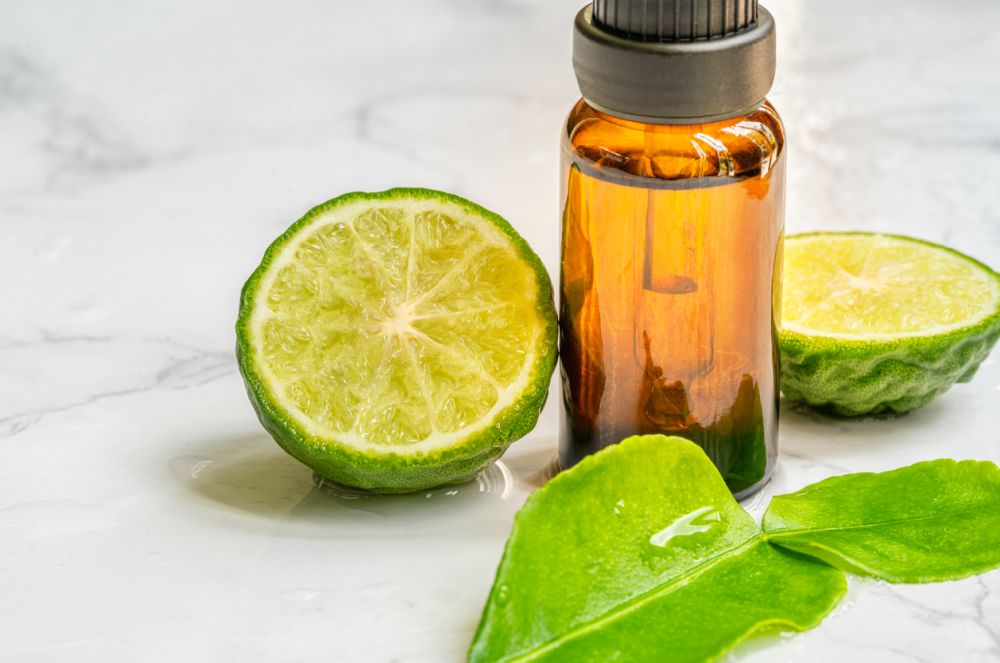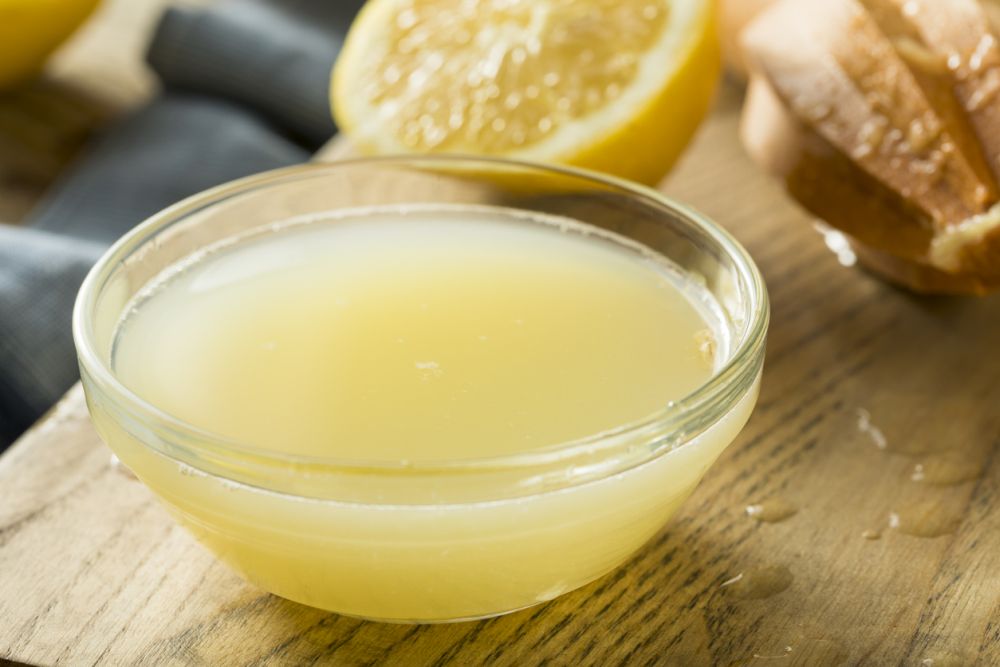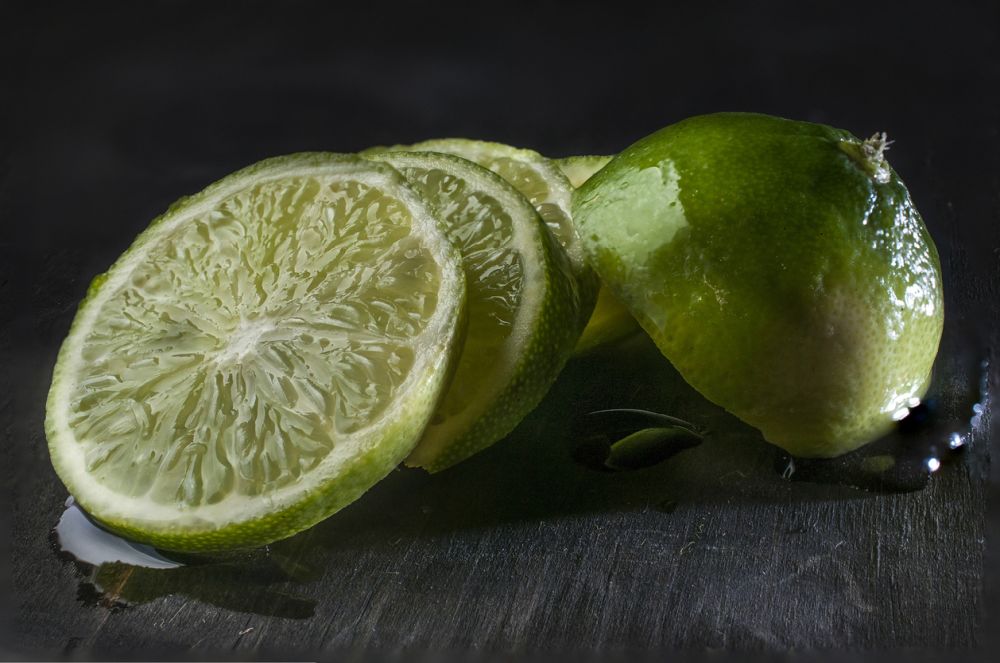The Best Substitute for Lime Juice: 13 Great Alternatives
Lime juice substitutes come in handy when you are busy working on a recipe that calls for lime juice but have none. Read on since this article describes the thirteen best alternatives to lime juice to save your meal.
Lime juice is a sour citrus juice made by pressing limes. This juice is refreshing, acidic, bitter, and tangy, with a slightly sweet taste and spicy kick. A lime juice replacement should share some of the traits of this flavor profile.
Lime juice has multiple uses in food and drinks, such as souring or garnishing margaritas and mojitos, or marinating fish and chicken. Additionally, lime juice serves as a natural preservative in jams and jellies. Mixed with olive oil and vinegar, lime juice creates an invigorating salad dressing. Tossed with diced fruit and honey, lime juice makes a sweet and tangy topping for yogurt or ice cream. A substitute for lime juice should have the same versatility.
Citrus juice turns bitter the longer it sits due to a natural compound called limonin. When using citrus juice in place of lime juice, ensure the fruit is freshly squeezed unless you want the bitter taste.
Lemon juice, orange juice, lime extract, key lime juice, bitter orange juice, grapefruit juice, lime juice powder, lime oil, and black lime powder are excellent citrus substitutes for lime juice. Meanwhile, apple cider vinegar, white wine vinegar, tamarind paste, and white wine are fine alternatives to lime juice if you have a citrus allergy or do not like the taste of citruses. Read on to find out useful information about each ingredient:
1. Lemon juice
Lemon juice is the best substitute for lime juice since it has a similar taste. The key difference between the two is that lemons are sweeter and less acidic. The other way around goes, too, since lime juice is a great substitute for lemon juice.
Use lemon juice in almost any recipe that calls for lime juice, except key lime pie since key lime juice works best there. It is possible to buy lemon juice or make your own by squeezing fresh lemons.
When using lemon juice in place of lime juice, apply the 1:1 ratio. For example, use 1 tablespoon of lemon juice for 1 tablespoon of lime juice.
2. Orange juice
Orange juice is a great substitute for lime juice, but it depends on how fresh the orange juice is and whether it is store-bought or homemade. Freshly squeezed orange juice is sweet and sour, with a refreshing taste. But if the orange juice is no longer fresh or comes from the store, it becomes bitter due to limonin.
When using lime juice in place of orange juice, apply the 1:1 ratio. For instance, use 1 tablespoon of freshly squeezed orange juice for 1 tablespoon of lime juice.
3. Lime extract
Lime extract is a fantastic substitute for lime juice, thanks to its solid, zesty, tart flavor. This extract is a natural product made by extracting the oils of lime zest.
It is possible to buy lime extract or make your own at home. Unopened store-bought lime extract keeps for up to 4 years in a cool, dry place, while opened store-bought lime extract lasts in the fridge for up to 60 days. Unlike other store-bought items, lime extract does not contain added sugars, sodium, sulfites, or preservatives. To prepare homemade lime extract, infuse lime peels in a neutral alcohol like vodka for 5-6 weeks. Homemade lime extract lasts just as long as the store-bought version.
When using lime extract in place of lime juice, apply the 1:1 ratio. For instance, use ½ tablespoon of lime extract for 1 tablespoon of lime juice.
4. Key lime juice
Key lime juice is a great alternative to lime juice, particularly since it is hard to tell the differences between the two. Compared to limes, key limes have a stronger, tarter, flowery aroma.
Fresh key limes might be hard to come by, and they do not store well since they have thin skin. Alternatively, buy key lime juice.
When using key lime juice in place of lime juice, add 2 or 3 tablespoons of key lime juice for every tablespoon of lime juice. To fix an overly bitter dish, add a bit of sugar.
5. Bitter orange juice
Bitter orange juice is a decent alternative to lime juice, thanks to its sour flavor, hint of bitterness, and little sweetness. This juice is famous for making British orange marmalade since it is high in pectin, a natural thickener for jams and jellies. Bitter orange juice is also used in certain liqueurs like Grand Marnier.
When using bitter orange juice in place of lime juice, add 2 or 3 tablespoons of bitter orange juice for 1 tablespoon of lime juice.
6. Grapefruit juice
Grapefruit juice is a great substitute for lime juice since it has a sour, tangy taste with a hint of sweetness. The aroma of this juice is closer to that of orange juice.
Use grapefruit juice to replace lime juice in dressings and marinades. Although freshly squeezed grapefruit juice has a sweeter taste, store-bought grapefruit juice is more convenient to use in recipes if you do not mind the bitter taste induced by the limonin compound.
When using grapefruit juice in place of lime juice, apply the 1:1 ratio. For example, use 1 tablespoon of grapefruit juice for every 1 tablespoon of lime juice.
7. Lime juice powder
Lime juice powder is a good substitute for lime juice when you are out of fresh limes. This powder is a type of flavoring made from the juice of limes, so it has the same tart citrus flavor.
Some food products, such as beverages and candy, use lime juice powder for its sour aroma. Additionally, lime juice powder has acidic content (pH level of 2-3), which is why it is a good alternative to lime juice when used as a natural food preservative.
It is possible to buy lime juice powder or make your own at home, depending on what you prefer. Store-bought lime juice powder contains maltodextrin, a food additive that, despite the fact that it’s considered safe by the U.S. Food and Drug Administration (FDA), has been shown to alter gut bacteria. On the other hand, homemade lime juice powder contains nothing more than limes, can be prepared ahead of time, and lasts for up to 5 years. To prepare homemade lime juice powder, dehydrate lime slices using a food dehydrator or oven, and then grind the dry slices into powder using a coffee grinder or spice mill.
When using lime juice powder in place of lime juice, stir ½ teaspoon of lime juice powder with 1 tablespoon of water to replace 1 tablespoon of lime juice.
8. Lime oil
Lime oil is an excellent substitute for lemon juice in baking, cooking, and candy-making. This oil is a natural essential oil extracted from the peel of limes, having a citrusy, tangy, and slightly sweet aroma.
You can buy lime oil to replace lime juice, use as needed, and keep it stored in the fridge for 9 months to 1 year.
When using lime oil in place of lime juice, use 1 drop of lime oil for 1 teaspoon of lime juice.
9. Black lime powder
Black lime powder is a great substitute for lime juice when you need the sour, citrusy taste of limes but with an earthy, smoky aroma. This powder comes from black limes, which are Persian limes that have been blanched and dehydrated or dried until they turned dark brown.
Black limes are common across the Middle East. Use black lime powder as an alternative to lime juice in soups, stews, sauces, salads, meats, fish, pasta, or chicken marinades. To prepare black lime powder, blanch Persian limes in salty water, place them in ice-cold water to stop the cooking process, dry the limes until they become dark brown, and then turn them into a powder. For the drying part, let the limes dry in the sun, use an oven, or use a food dehydrator. Grind black limes using a coffee grinder or spice mill.
When using black lime powder in place of lime juice, stir ½ teaspoon of black lime powder with 1 tablespoon of water to replace 1 tablespoon of lime juice.
10. Apple cider vinegar
Apple cider vinegar is a fantastic non-citrus substitute for lime juice when you need acidity in cooking since it contains acetic acid. This vinegar has a tangy, sour flavor and robust fermented apple smell with a hint of sweetness.
Although apple cider vinegar is not suited for all recipes that call for lime juice, it pairs well with sweet and savory dishes, such as ceviche, salsa, salad dressing, and guacamole.
When using apple cider vinegar in place of lime juice, apply the 1:2 ratio. For example, use ½ tablespoon of vinegar for 1 tablespoon of lime juice. Taste and add more as needed.
11. White wine vinegar
White wine vinegar is a good substitute for lemon juice when you need a smooth, less sour taste and a fruity, well-rounded flavor. This wine vinegar is a combination of vinegar and white wine, hence the fruity notes.
Just like apple cider vinegar, white wine vinegar adds acidity to meals since it contains acetic acid. Use white wine vinegar to replace lime juice in salad dressings and savory dishes. Be careful not to combine white wine vinegar with baking soda in baking recipes since it drastically changes the taste.
When using white wine vinegar in place of lime juice, apply the 1:2 ratio. For example, use ½ tablespoon of vinegar for 1 tablespoon of lime juice. Taste and add more as needed.
12. Tamarind paste
Tamarind paste is a good substitute for lime juice, thanks to its sour and slightly sweet aroma. The paste comes from the pulp of the tamarind fruit, which is a sour, pod-like fruit. Tamarind paste is thick and brownish-red, common in Indian and Thai cuisine.
After buying tamarind paste, use it to replace lime juice in marinades, dips, curries, chutneys, and other dishes.
When using tamarind paste in place of lime juice, apply the 1:2 ratio. For example, use ½ tablespoon of the paste for 1 tablespoon of lime juice.
13. White wine
White wine is a decent substitute for lime juice if you prefer something less acidic in your meals. Compared to lime juice, white wine has a light, fruity taste and mild sourness.
Use white wine to replace lime juice in marinades and salad dressings.
When using white wine in place of lime juice, apply the 1:1 ratio. For example, use 1 tablespoon of white wine for 1 tablespoon of lime juice. Taste and add more as needed.
FAQs
Discover more useful information about lime juice.
What can I use to replace lime juice in curry?
When making curry, you can use lemon juice, apple cider vinegar, white wine vinegar, or tamarind paste in place of lime juice.
How much juice is in one lime?
One lime contains about 2 tablespoons of juice.
Is lime juice good for you?
Yes, lime juice has many health benefits. For example, it’s an excellent source of vitamin C and antioxidants. Drinking lime juice may boost immunity, lower the risk of heart disease, and promote healthy skin.
Does lime juice go bad?
Yes, lime juice eventually goes stale, emitting a powerful, unpleasant bitter-sour smell. Fresh lime juice lasts for 3-5 days in the fridge. If you prefer an alternative with a longer shelf life, you can use pure lime extract (up to 60 days after opening), lime oil (up to 1 year), or lime juice powder (up to 5 years).
Can dogs have lime juice?
No, dogs shouldn’t have lime juice because it contains compounds which toxic for canine consumption, such as limonene, linalool, and psoralens. Ingested by dogs, lime juice may cause lime poisoning and digestive issues.
Closing thoughts
While lime juice is a great addition to many dishes, sometimes it’s hard to find or you may be out. Thankfully, these substitutes will work in a pinch, whether or not you have a citrus allergy. Give them a try the next time you’re looking for a little acidity and zing in your dish.
What’s your favorite substitute for lime juice? Share your thoughts in the comments below!

